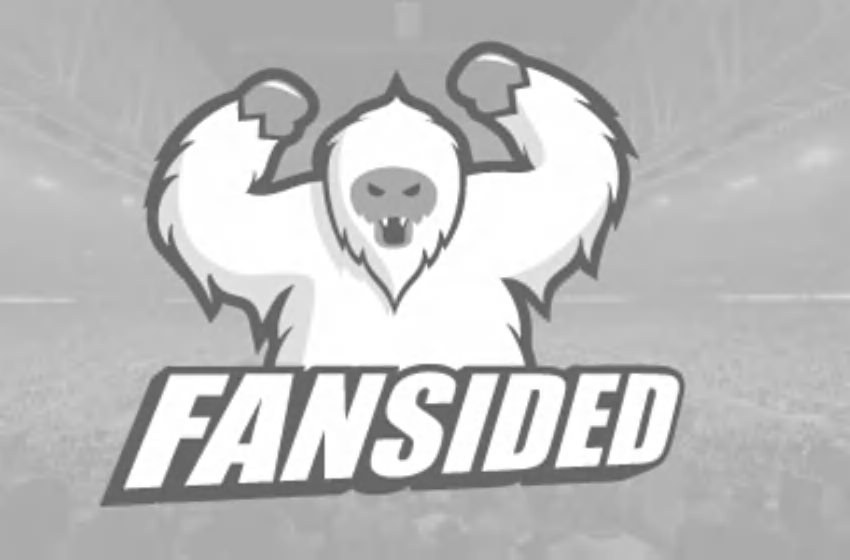The Salary-Cap Implications of the Kevin Love Trade
The long-awaited Kevin Love trade became official last week, which means NBA devotees can go watch 500-plus episodes of The Simpsons for the next few weeks without a care in the world.
Before immersing yourselves in a temporary NBA-related hibernation, here is a brief look at how the trade affected each team’s salary-cap situation.
Cleveland Cavaliers
With Love on board, the Cavaliers are officially over the salary cap but remain comfortably under the luxury tax at the moment. Even if they pick up all of their non-guaranteed contracts, their cap figure will be set at just under $75.2 million per Basketball Insiders, leaving them roughly $1.6 million of space before hitting the tax. That leaves enough room for Ray Allen to sign a veteran’s minimum contract, assuming he decides to continue his illustrious career for one more season.
The Cavaliers have 17 players under contract at the moment, four of whom have fully non-guaranteed contracts. (Only $4 million of Anderson Varejao’s $9.7 million deal is guaranteed but he has zero risk of being cut presently.) Since Cleveland will be required to reduce its roster to no more than 15 players by opening night, that should open at least $1 million in additional cap space this fall.
What will the Cavs do with that space? If general manager David Griffin has his way, adding rim protection will be the No. 1 priority. Both Ekpe Udoh and Emeka Okafor could likely be had with veteran’s minimum deals but Udoh recently worked out with the Clippers and Okafor is coming off a herniated disc in his neck that sidelined him for the entire 2013-14 season. Cleveland should have little trouble clearing the requisite cap space to sign a rim-protecting bench big; the question is whether the Cavs reasonably attract a potential impact player at that price.
Minnesota Timberwolves
After adding Andrew Wiggins, Anthony Bennett and Thaddeus Young while trading away Love, the Timberwolves have roughly $69.8 million accounted for this coming season, according to Basketball Insiders. They are hard-capped at $80.8 million after using part of their Mid-Level Exception to sign point guard Mo Williams to a one-year, $3.75 million deal in free agency. (Daniel Leroux explains the hard cap here.) However, since the Timberwolves are not likely to contend for a playoff spot, it is doubtful that owner Glen Taylor would willingly push his team into the luxury tax so the hard cap is not worth worrying about.
Minnesota also obtained a $6.3 million trade exception in the Love trade which expires exactly one year from the date of the deal, Aug. 23, 2015. As Daniel wrote earlier this summer, trade exceptions “can be incredibly effective when deployed properly and functionally useless in other situations.”
If the Timberwolves use their full trade exception between now and the end of the 2014-15 season, their cap figure would come in at just over $76.1 million, or roughly $700,000 short of the luxury tax. If they can find a taker for the $4.5 million remaining on J.J. Barea’s contract, they would be able to make use of their full trade exception this season with no fear of brushing up too close to the luxury-tax line.
Philadelphia 76ers
As noted in greater detail here, the Sixers will likely enter the season around $20 million below the $56.758 million salary floor after shipping out Thaddeus Young for Luc Richard Mbah a Moute and Alexey Shved. General manager Sam Hinkie does not seem to give a damn, either.
In a conference call Tuesday, Hinkie revealed that meeting the salary floor “is not something that is a concern” at the moment. “As for cap planning, we have lots of flexibility this summer, which enables us to be in some conversations and have some opportunities,” he said.
If the Sixers fail to reach the salary floor by the final regular-season game, they will simply be forced to distribute the shortfall among the players currently on the roster. Knowing how Hinkie operates, though, he likely has some use for this plethora of cap space percolating behind the scenes.


